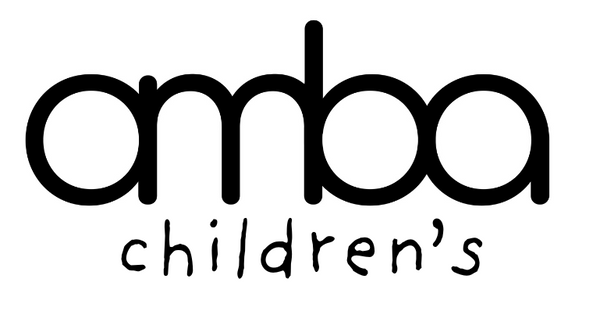
Are You Ready for School? Book Excerpt
Share
Introduction
I began teaching in primary schools in 1988 and became a principal in July 2001. During my 30-plus years working with children, teachers and families, I have become aware that the relationship between teachers and parents is key to achieving success for their common interest: the child.
There are lots of ‘experts’ giving parents advice about how to raise children. There are also just as many people giving schools and teachers advice about how they should do their job. As the father of two teenage children, I have on numerous occasions attended parenting talks to understand what the experts say about raising happy and healthy boys and girls. It was during one of these talks that I began formulating a plan to fill the gap between home and school, with adults sharing advice and working together for the benefit of children. I am indebted to my family for their encouragement and willingness to have some of their stories shared in this book.
According to researchers Henderson and Berla, ‘the most accurate predictor of a student's achievement in school is not income or social status but the extent to which that student's
family is able to create a home environment that encourages learning; express high (but not unrealistic) expectations for their children's achievement and future careers, and become involved in their children's education at school and in the community [sic]’ (Henderson and Berla, 1994).
Teaching has changed significantly since I began in the profession many years ago. The role of parents in the education of their children continues to evolve. The demands on teachers are ever-increasing with pressure from families, government and the public. The expectations of parents have seen teachers become responsible for many things that were once family responsibilities.
Educating children needs to be a collaborative exercise between teachers and parents. In 2012, the Australian Council for Educational Research (ACER) developed a National School Improvement Tool describing nine domains towards which a school should strive in order to improve students’ achievements and wellbeing. Two of the domains, Number 3 (‘A Culture that Promotes Learning’) and Number 9 (‘School Community Partnerships’), explicitly describe the links between home and school (ACER, 2012). The ACER tool serves to reinforce the message of this book: educating children is a combined effort. Together we can make it work.
This book is based on my long experience as a teacher and principal, supported by evidence-based research where applicable, and containing references to social commentary from media, presentations and workshops by experts. It may be said that this book is a qualitative reflection on how home and school can work together for the mutual benefit of our children. It is presented in bite-sized pieces for easy reading and digestion by you: parents, carers and teachers.
In preparing the text for this book, I used the ideas garnered from the presentation I developed for parents about working with schools to strengthen the partnership. The content has had eyes cast over it by trusted friends, experienced parents, critical colleagues and a wise sage. All these people added their ideas to refine the message. The collaboration used in writing is a good example of how collective wisdom can deepen a message. The collaboration between home and school uses that collective wisdom to create environments for student success.
Each chapter will begin with the key ideas to be covered in that section. There are also personal stories gathered over my career, all based on fact. Names have been changed to keep the anonymity of all the characters. I hope you can relate to the stories. Each chapter will conclude with the key learnings identified as a summary for parents and school staff.
Recognising that there are numerous models of families in today’s world, any reference to parents represents all models of parenting: Mums and Dads, single parents, same-sex couples, foster parents and any other carers who are responsible for the education and welfare of children.
As the conclusion of this book says, this isn’t the final word. This means to acknowledge that the teaching profession continues to evolve, as does the role that parents play in their children’s education. Some teachers say that education is cyclical, as ideas come and go. Some parents say that the engagement of parents with teachers and vice versa can only improve with time.
The message of this book is that if parents and teachers work together, the result should be children who are confident contributors to society.
I hope you enjoy this book—and feel free to give me feedback.
After all, it is a key way in which we learn and improve.
Andrew Oberthur
___________________________________________________________________________________________
Buy Andrew Oberthur's book, Are You Ready for School? here.

